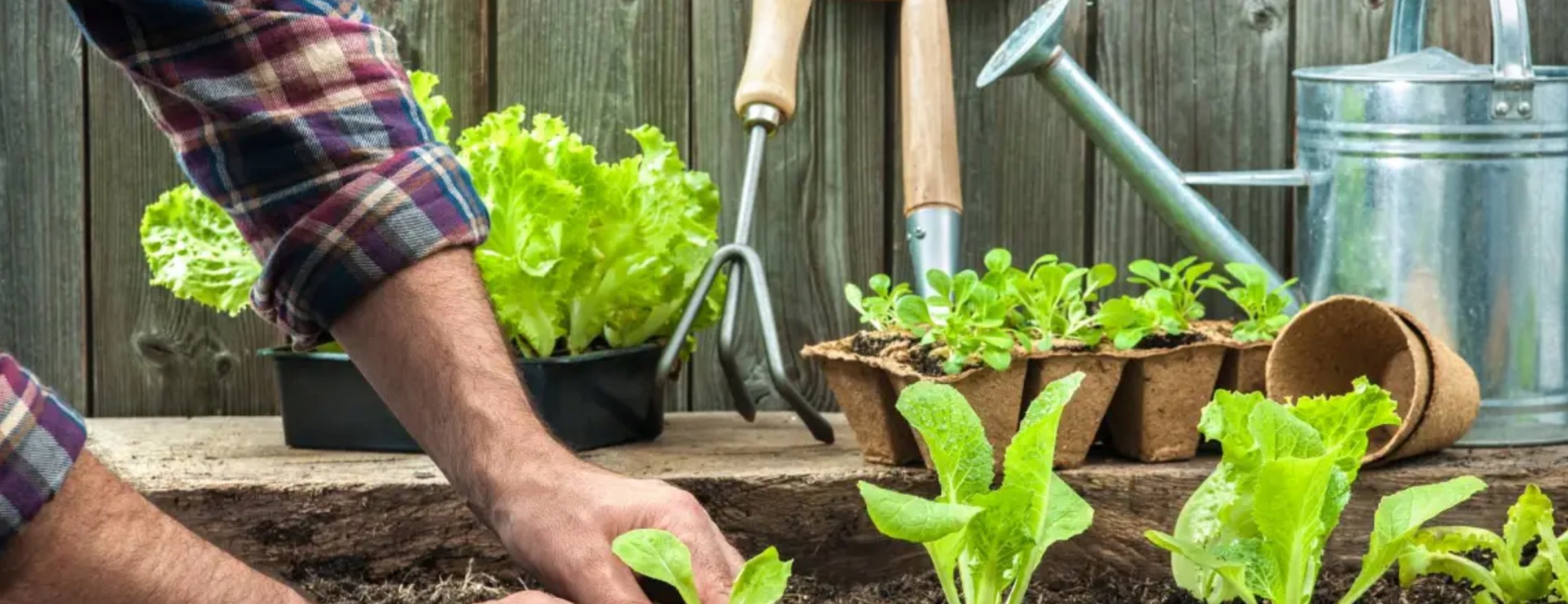Akkin Highlights the Rewards of Growing Vegetables at Home
Chichester, US, 10th June 2022, ZEXPRWIRE, Having a veg patch at home is more than a pastime and is an activity every family member can get involved with.
The key is having all the right gardening supplies to hand, to be fully equipped to nurture and grow healthy, vibrant produce. These are all recommended shed stocking essentials to have before starting work on a vegetable patch.
Getting Started with Your Veg Patch
It is important to check soil pH level before beginning seed sowing.
The optimal pH level for vegetable growth is about 6.5, slightly more acidic than normal – but a standard reading of 7 pH is perfectly fine.
The Garden Supplies Checklist
Any of the garden supplies below are a great investment and will be put to excellent use:
- A spade and fork
- Secateurs for pruning
- A trowel for planting
- A hand fork to dig out root veggies
- Watering cans or a hose
- Boots or wellies
- Gardening gloves
- A garden shovel
- A rake to level your soil
- A hoe to break up clumpy ground
It’s not necessary to have the most expensive range, but a good quality set of gardening tools will stand any gardener in good stead for years to come.
Creating Your Garden Vegetable Patch
The sunniest garden spot often suggested as the best place to start, as maximum sunlight will ensure faster growth.
In terms of structure, plant directly at ground level or further down into a vegetable plot. Most home vegetable gardeners use a flower bed since lawn-level beds are exposed to weeds, lawn invasion and unintentional feet. Raised beds can be made from sleepers, at a nice height for children to reach and learn about growing and picking produce. A raised container filled with compost is a good idea since it’ll cut down on weed growth and mean the soil thaws out earlier in the spring, to ensure more harvest months per year.
Building Step-by-Step
When starting a veg patch from scratch or reappointing a flower bed to use for vegetable or fruit plants, the experts suggest:
- Use a spade and fork to break up the ground – it can be tough-going, so sometimes better to do in stages rather than trying to get it all done in one day.
- Once the soil has been broken down with the spade, use a fork to split it into clumps of about fist size.
- Next, take a hoe and refine the soil and make it looser.
- The final stage is to prepare the ground by adding compost, manure and nutrients.
Soil runs dry of natural nutrients over time, so the best practice is to leave a veg patch fallow every few years to give it a chance to become enriched again and ensure new seedlings will have all the support they need.
Best Vegetables Choices
New gardeners may want to start with the less challenging options as there are some that are a lot easier to grow than others.
Peas and runner beans are a great starting point, and it’s best to begin by planting seeds in small pots, and keep them sheltered until they’ve grown a little. Ensure that that kids wash their hands after planting pea seeds, as they are toxic.
When peas or runner beans have become established, canes can be tied into a trellis or wigwam, and placed in a veg patch to grow upwards.
Other easy-grow fruits and vegetables include:
- Cabbages and lettuces: grow large very quickly and are among the healthiest vegetables to eat with abundant vitamin B found in green leafy vegetables.
- Root vegetables: take a bit more patience, and potatoes, turnips, carrots and parsnips are harvested between autumn and winter.
- Strawberries: can be grown in pots or a veg patch and ripen from green buds into sweet, delicious fruits.
Invest in Gardening Supplies
Starting a new vegetable patch means needing to purchase gardening supplies and putting time and effort into creating a growing space. The rewards however, do make it worthwhile!
Cost Savings
Over time, growing vegetables can reduce a household grocery costs. A pack of seeds costs about the same as one vegetable, so turning that into a season’s worth of food will mean a saving.
Improved Nutrition
Growing produce at home ensure that gardeners know exactly what’s gone into the food they consume. For those concerned about soaring prices for organic vegetables, vegetables can be grown at a fraction of the cost.
Families that grow vegetables and fruits consume 40% more natural plants than average and are 3.5 times more likely to eat their five a day, so it’s a learning curve with comprehensive benefits.
Amazing Taste
We’ve all heard of farm to fork, and the same health-conscious, eco-friendly attitude applies to veggies grown in private gardens.
Freshly picked fruits and vegetables are packed with vitamins, minerals and natural goodness that you simply don’t get from bulk harvested or freeze-dried produce.
For more advice about creating a veg patch, picking plants to grow, or choosing the right garden supplies, please contact the AK Kin Garden Supplies team for first-hand tips and next day gardening supplies from the gardening professionals.
Media Contacts
Natalie Karr
Woya Digital – Digital PR
Email:-[email protected]


